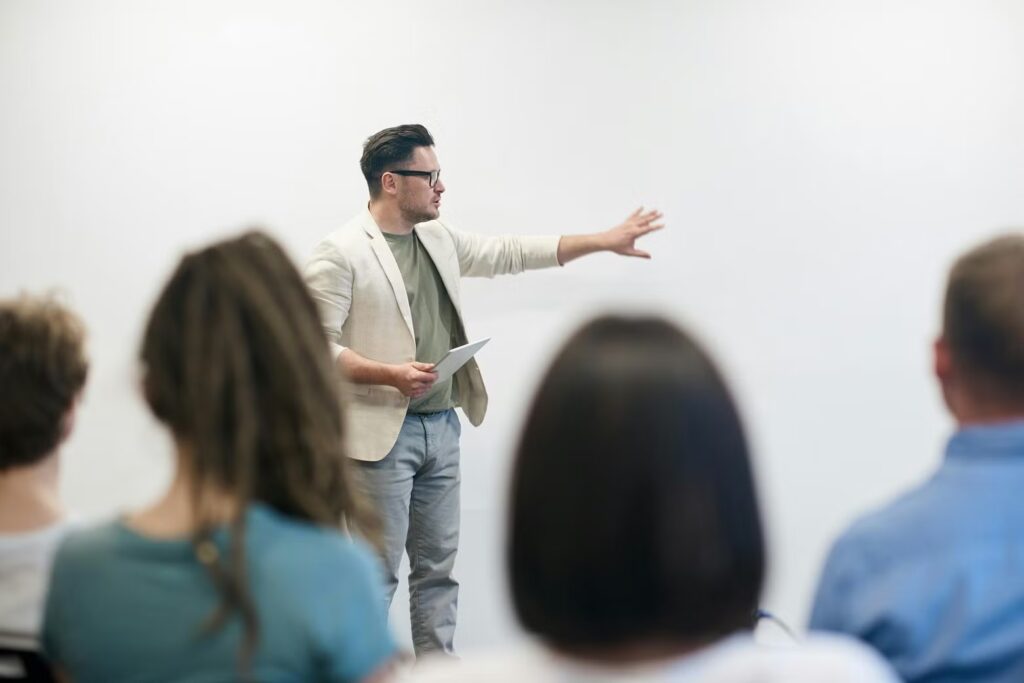Stepping Into Justice: A Choreographed Conversation at ACJS
I’m beyond excited to attend the Academy of Criminal Justice Sciences’ National Meeting today! It’s an incredible opportunity to engage with students, educators, and professionals who are passionate about the criminal justice system. This year, I’ve been invited to present something unique—an interactive, choreographed conversation that immerses students in the realities of prosecution, defense, and the pursuit of justice… based on my own prosecution.
A Different Kind of Presentation: Learning Through Experience
Rather than delivering a traditional lecture, I designed this session to be a lived experience—one where students don’t just hear about the system but step into it. With the guidance of a moderator, I will lead a structured conversation while students read directly from real depositions, trial testimony, hearings, and pieces of evidence.
As they take on the roles of prosecutors, defense attorneys, defendants, witnesses, and other key players, they’ll experience firsthand how words, tone, and strategic choices shape the course of a case. These aren’t just abstract exercises—they’re windows into the profound realities of the justice system.
What Could Have Been Said?
One of the most powerful aspects of this exercise is the ability to pause, reflect, and ask:
- What was said versus what could have been said?
- Would different phrasing or an alternative argument have shifted the outcome?
- What responses would have best served justice—not just strategy?
This isn’t about rewriting history but about understanding it better.
Embodying the Roles: The Emotional Weight of Advocacy
As students prepare to read their parts, they begin to realize that this is more than just an academic exercise.
- How does it feel to step into the shoes of a prosecutor, tasked with seeking justice?
- What internal conflicts arise when defending someone accused of a crime?
- What emotions surface when playing the role of a defendant, reliving words spoken about them in a courtroom?
These are not easy roles to play, and that’s the point. The justice system is built on decisions made by real people—each carrying their own biases, pressures, and responsibilities.
Curiosity and Courage: The Hardest Lessons to Learn
Above all, I hope this experience inspires students to remain curious and courageous. These are two qualities that are easy to admire in theory but incredibly difficult to practice in reality—especially within the criminal justice system.
It takes curiosity to question why things are done a certain way and to imagine alternatives.
It takes courage to challenge injustices, advocate for change, and stand firm in ethical convictions.
At the end of the day, the law is only as just as the people who uphold it. My hope is that this session gives students not just knowledge, but a sense of responsibility—a commitment to using their voices and choices to shape a better future.
Diane is the Founder of Impartial. Through her own unfortunate prosecution, Diane learned firsthand what the US criminal justice system is. She shares information, stories and possibilities about what our criminal justice is and could be.
Diane Wells

